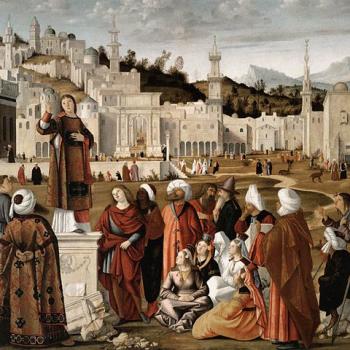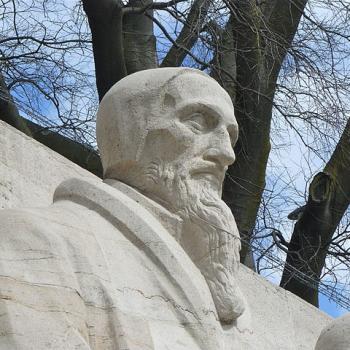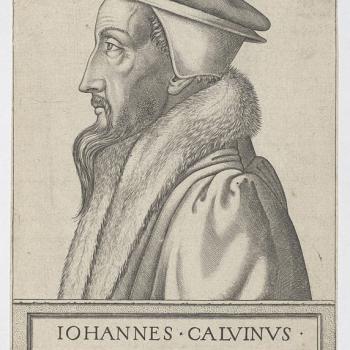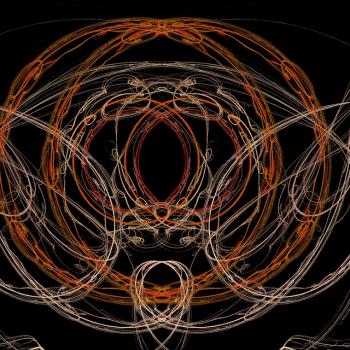This is a response to a letter written as a reply to my paper, Dialogue with a Hostile, Anti-Christian Gay Activist. The words of my opponent from that paper will be in green. My older words from the same paper will be brown, and my present (anonymous) opponent’s words will be in blue. ***** First of all let me thank you for quite an extraordinary letter – especially coming from a 17-year-old. It isn’t often that I receive such a thorough and... Read more

















